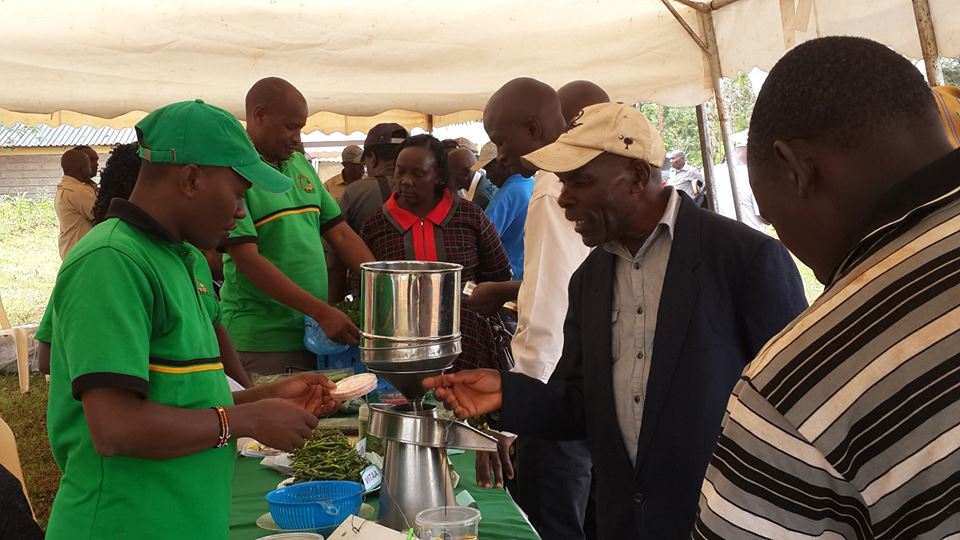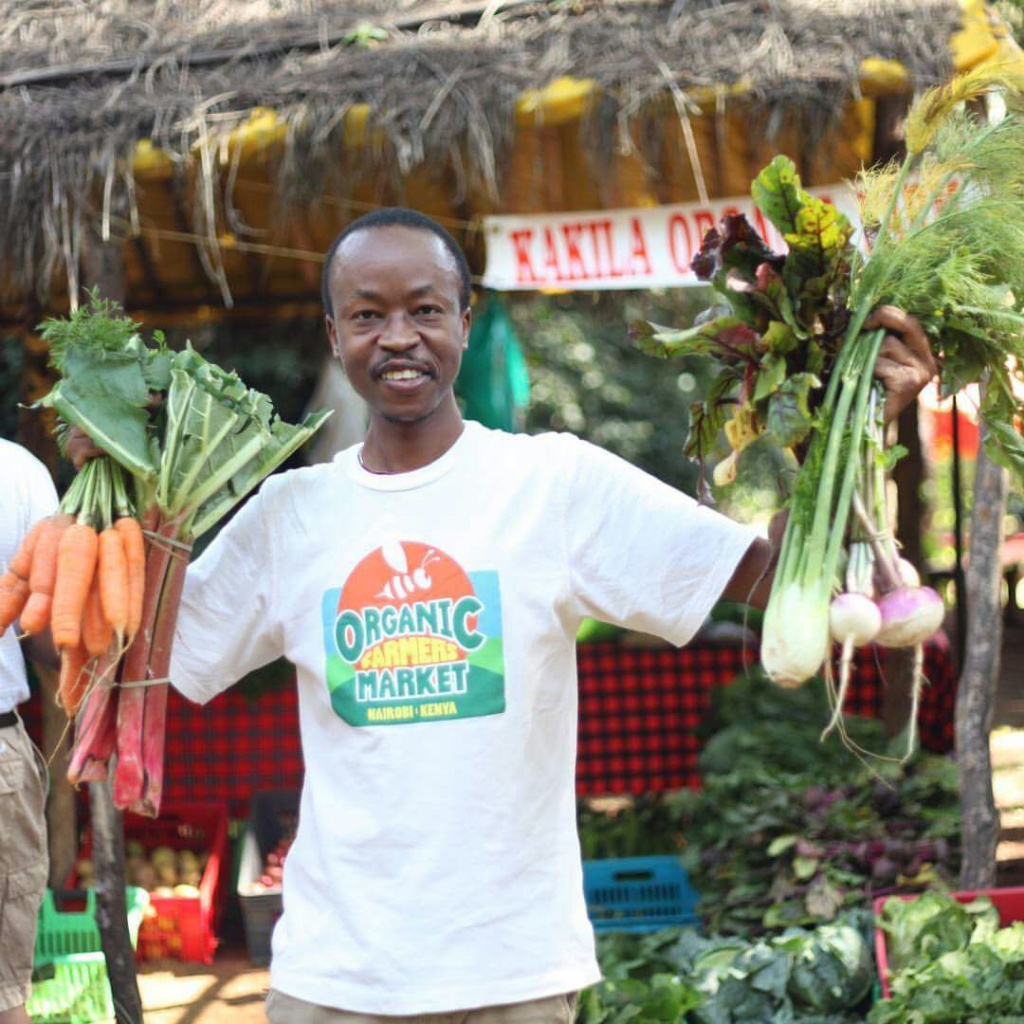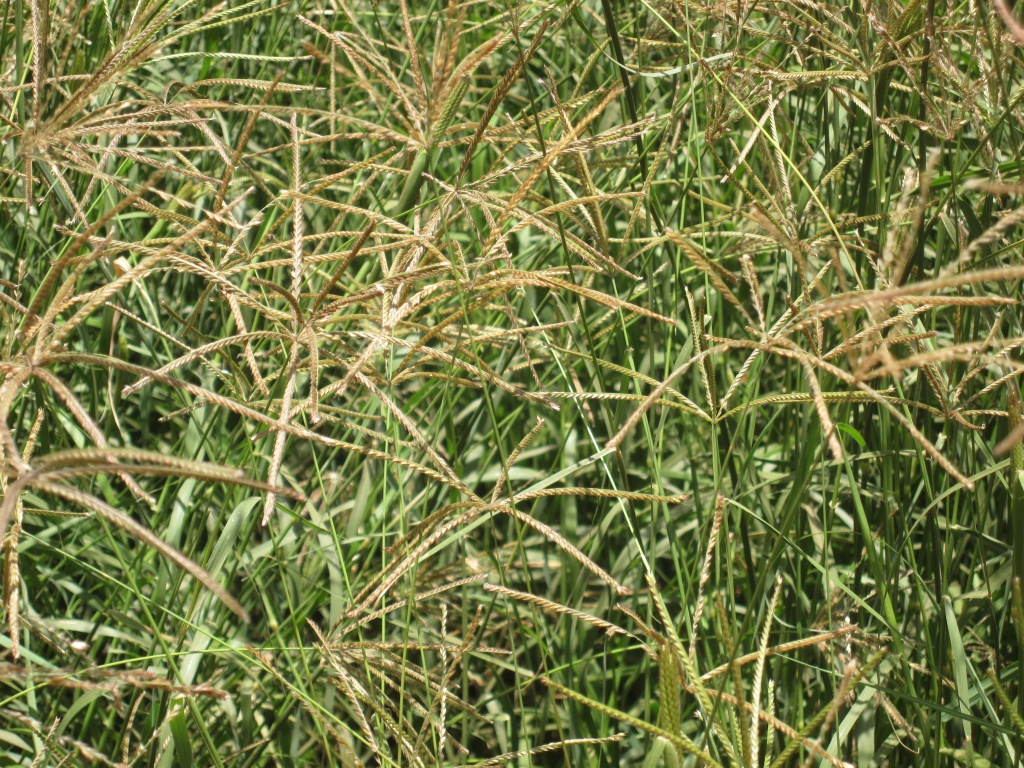The ministry of agriculture in collaboration with the Kenya Plant Health Inspectorate Service (KEPHIS) launched avocado farming in December in Runyejes, Embu County as part of empowering farmers to grow the fruit for export in the international market.
Kenya’s dried avocado export has been rising, with the country selling 46.7 tons to the international market in 2016. The figure was higher by 7.8 tons than what was exported in 2015. Kenya earned Sh6.5 billion and Sh5.2 billion in 2016 and 2015 respectively, according to the Kenya national bureau of Statistics. Kenya ranks third behind Peru and South Africa in the international avocado export market.
Related
More farmers certified to sell avocado in EU
Manual oil extractor to save avocado farmers from losses
Kenya takes to the sweet taste of the avocado market
The country has about 7500ha under the crop with more than 70 per cent of the total avocado production coming from smallholder farmers. Most of the Kenyan avocado farmers are found in Muranga, Nyeri, Kiambu, Kisii and Meru.
"The seasonality of the Kenyan production allows it to participate in these markets at a time when many of the world's largest exporters - Mexico, Chile, Spain, Israel and the United States - are less active on international markets” said Dr. Johnson Irungu, the Director of Crops at the State department of agriculture.
“We believe that planting avocadoes will upscale the standards of living for farmers and entrepreneurs who sell the fruits locally but have not fully ventured into the export market”

KEPHIS staff(in green polo shirts) explain the management of pests and
diseases on avocado and mangoes to farmers, stakeholders and the public
during the avocado and mango awareness field day in Runyenjes, Embu.
The event was organized by KEPHIS in conjunction with the County Government of Embu. PHOTO/KEPHIS
Farmers in the region were encouraged to grow the Hass avocado variety which is in high demand in the European Union (EU) market. Hass variety contributes 70 per cent of the total EU market share with green skin avocadoes (fuerte) and pinkerton covering the remaining 30 per cent according to the Export Promotion Council.
Embu has two rainy seasons; long rains occur between March and June while the short rains fall between October and December with rainfall quantity averaging 1067.5mm per annum. These climatic conditions are well suitable for growing Hass avocado which thrives well in areas receiving annual rainfall between 1000 to 1800mm.
The County relies heavily on agriculture as the backbone of the economy with the sector employing 70.1 per cent of the entire population. Cash crops grown include coffee and tea, other crops such as maize; beans, cowpeas, sorghum, tomatoes and avocadoes are grown for subsistence use.
In this, farmers can explore the untapped avocado farming to earn extra income for their families as the fruit fetches three times higher as compared to the current prices in the local market.
At the avocado field awareness day, farmers were trained on crop production, compliance to market requirements and access, nursery certification, pest management and the varieties required for international market access.
Hass avocado seedlings can be obtained from Kukenda- Kiamumbi fruit tree nursery and training centre, phone number +254 720 614 591 0r +254 721 286 289.
Write comment (3 Comments)


















